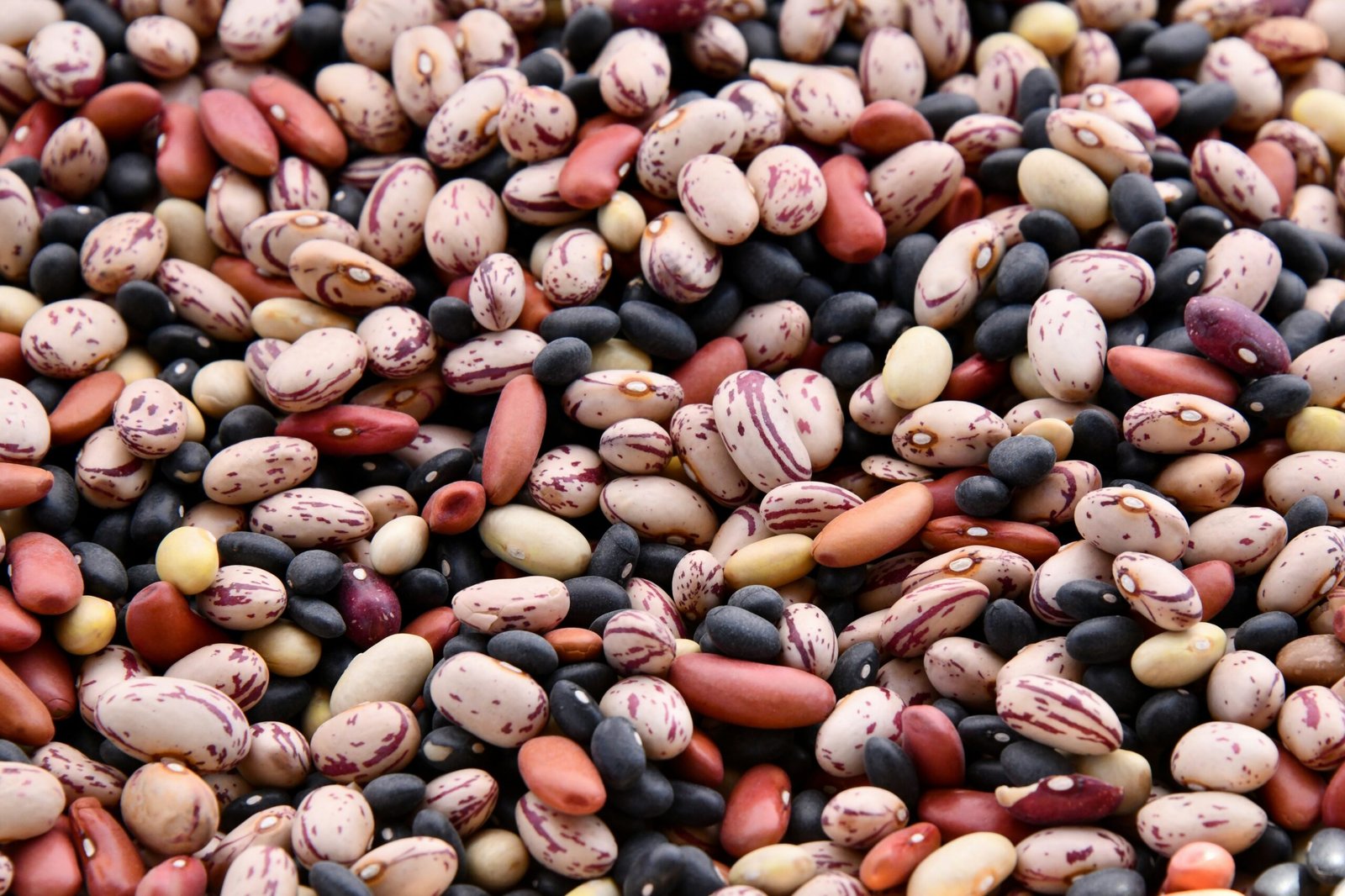Resveratrol: A Guide to Uses and Scientific Evidence
What is Resveratrol?
Resveratrol is a naturally occurring polyphenol compound found in various plant sources, including grapes, berries, and peanuts. It is most notably found in red wine and is known for its antioxidant properties.
Uses of Resveratrol
Resveratrol is commonly used as a dietary supplement for various purposes, including:
- Supporting cardiovascular health
- Protecting against oxidative stress
- Anti-aging benefits
- Supporting brain health
- Potential anti-carcinogenic properties
Scientific Support for Resveratrol’s Uses
Research suggests that Resveratrol possesses potent antioxidant properties, which may help protect against oxidative stress and inflammation in the body. These properties are believed to contribute to its potential benefits for cardiovascular health by improving blood vessel function, reducing LDL cholesterol levels, and inhibiting platelet aggregation[1].
In addition to its antioxidant effects, Resveratrol has been studied for its potential anti-aging benefits. It may activate sirtuins, a class of proteins that regulate cellular processes related to aging and longevity. Activation of sirtuins by Resveratrol may promote cellular health and longevity[2].
Furthermore, Resveratrol has been investigated for its potential neuroprotective effects. It may help protect brain cells from damage caused by oxidative stress and inflammation, potentially reducing the risk of neurodegenerative diseases such as Alzheimer’s and Parkinson’s[3].
Moreover, some studies suggest that Resveratrol may have anti-cancer properties by inhibiting the growth of cancer cells, inducing apoptosis (programmed cell death), and suppressing inflammation and angiogenesis (the formation of new blood vessels that support tumor growth)[4].
Resveratrol Health Concerns
While Resveratrol is generally considered safe for most people when taken at recommended dosages, there are some potential health concerns to consider. High doses of Resveratrol may cause gastrointestinal upset, including nausea, diarrhea, or abdominal discomfort in some individuals.
Additionally, Resveratrol may interact with certain medications, including blood-thinning medications (anticoagulants) and drugs metabolized by the liver. Individuals taking medications or with underlying health conditions should consult with a healthcare professional before using Resveratrol supplements.
Recommended Standardization or Dosage
Resveratrol supplements are available in various forms, including capsules, tablets, and liquids. The recommended dosage of Resveratrol supplementation depends on individual factors such as age, weight, and health status.
For general health maintenance, typical dosages of Resveratrol range from 250 mg to 500 mg per day, taken with meals. Higher dosages may be recommended for specific health conditions or under the guidance of a healthcare professional.
References
- Bradamante S, Barenghi L, Villa A. Cardiovascular protective effects of resveratrol. *Cardiovasc Drug Rev*. 2004;22(3):169-188. doi:10.1111/j.1527-3466.2004.tb00139.x
- Howitz KT, Bitterman KJ, Cohen HY, et al. Small molecule activators of sirtuins extend Saccharomyces cerevisiae lifespan. *Nature*. 2003;425(6954):191-196. doi:10.1038/nature01960
- Aggarwal BB, Bhardwaj A, Aggarwal RS, Seeram NP, Shishodia S, Takada Y. Role of resveratrol in prevention and therapy of cancer: preclinical and clinical studies. *Anticancer Res*. 2004;24(5A):2783-2840.
- Ahmad A, Syed FA, Singh S, Hadi SM, Prokopczyk B. Resveratrol inhibits paraquat-induced oxidative stress and fibrogenic response by activating the nuclear factor erythroid 2-related factor 2 pathway. *J Pharm Exp Ther*. 2015;352(2):336-345. doi:10.1124/jpet.114.219550
Conclusion
Resveratrol, with its potent antioxidant properties, offers potential benefits for cardiovascular health, anti-aging, brain health, and potential anti-cancer properties. While research suggests promising effects, individuals should be aware of potential health concerns and consult with a healthcare professional before using Resveratrol supplements, especially if they have underlying health conditions or are taking medications.




